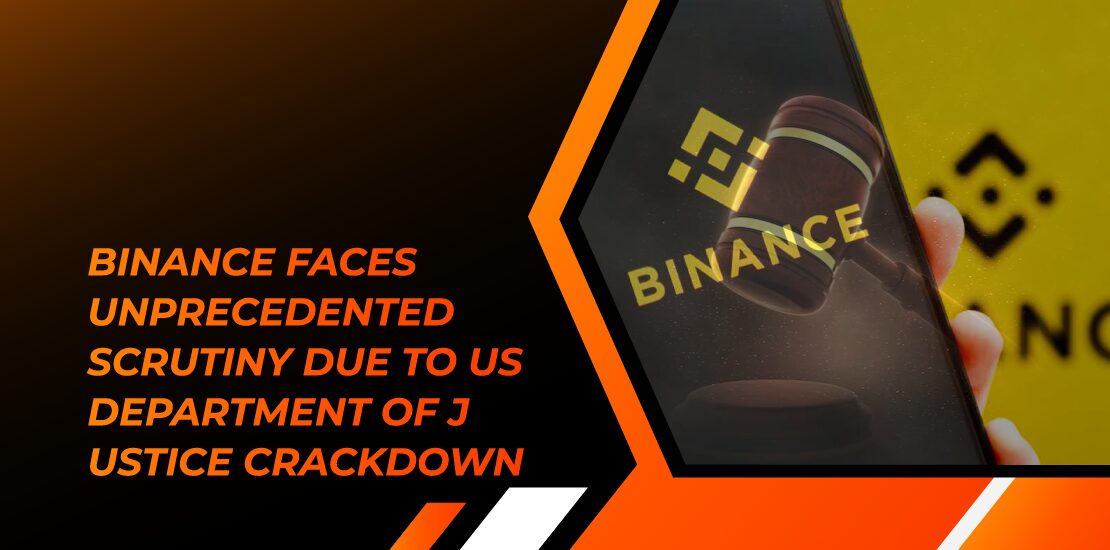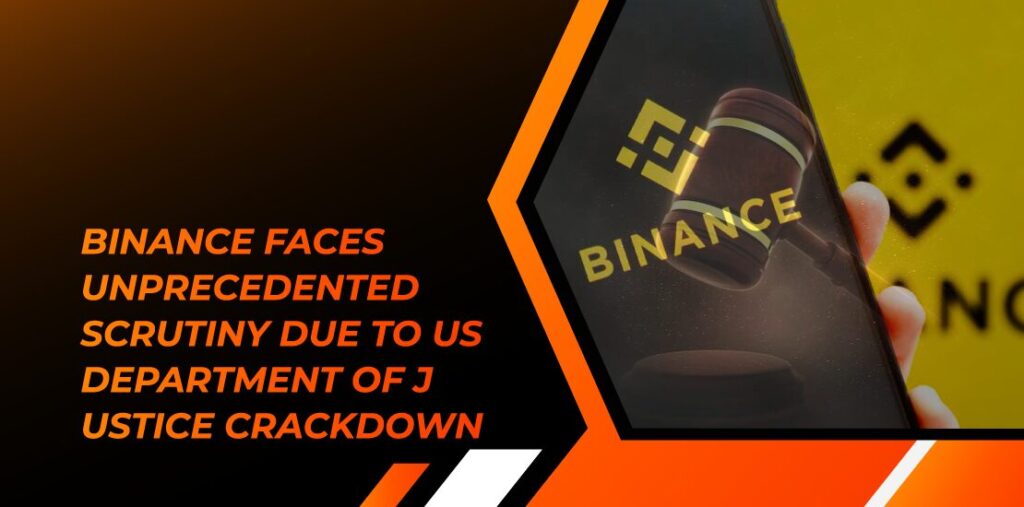- December 19, 2023
- Posted by: [email protected]
- Category:


The recent intervention by the US Department of Justice (DOJ) into Binance’s operations has triggered a profound transformation in the dynamics of the cryptocurrency industry. Binance, once hailed as a haven for decentralized crypto commerce, is now poised to undergo what industry experts are calling an “unprecedented” level of scrutiny, marking a significant shift in its modus operandi.
Binance, the cryptocurrency exchange giant, is slated to transition from a symbol of anarchic crypto trade to a painstakingly monitored entity, according to a settlement deal with the US government, as Wired revealed earlier this month. The settlement, recognized as one of the most substantial money-laundering settlements in the history of the US Justice Department, has levied a monumental $4.3 billion fine on the company.
Beyond the financial penalties, the settlement mandates Binance to open its historical records, providing over five years of users’ transaction details to US regulators and law enforcement agencies, as highlighted in the Wired report. This epoch of radical transparency requires Binance to actively scrutinize its transactions spanning 2018 to 2022 and file suspicious activity reports (SARs) for potential violations of US law during that period.
The SARs will be compiled by FinCEN, the Treasury Department’s financial crimes division, and disseminated to various US law enforcement agencies. Describing the extent of information sharing as “kind of crazy,” an unnamed US prosecutor emphasized the unparalleled level of government oversight, questioning the rationale for any business willingly subjecting itself to such scrutiny.
Binance’s chief compliance officer, Noah Perlman, expressed enthusiasm about setting a new compliance standard in the industry. He reassured users that their data would be kept confidential and shared exclusively with the US government, distancing the company from potential third-party access.
While law enforcement and regulatory bodies have welcomed this move towards increased transparency, concerns have been raised by advocates of financial privacy, such as the Electronic Frontier Foundation (EFF). The EFF expressed reservations about wholesale access to user data, pointing out that cryptocurrency transactions, being conducted outside traditional financial channels, are often more sensitive and undertaken for the privacy protection they afford.
As Binance embarks on this new era of heightened scrutiny, the cryptocurrency industry is bracing for the ripple effects of this groundbreaking settlement, which may set a precedent for regulatory oversight within the sector.



